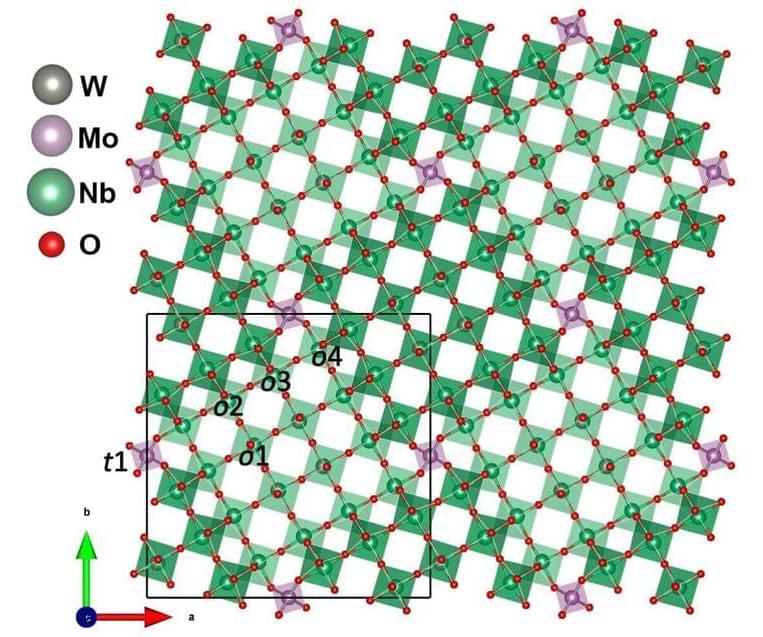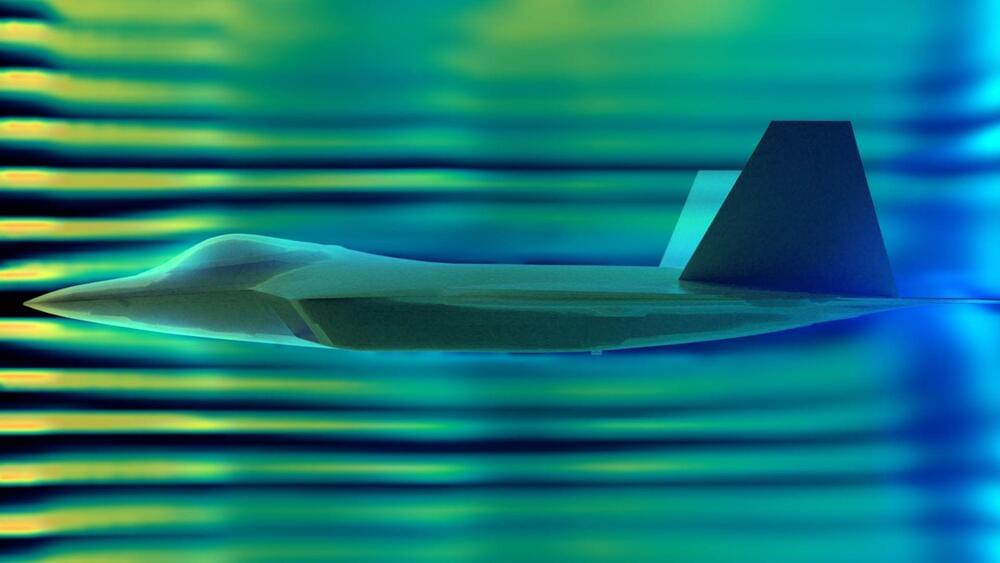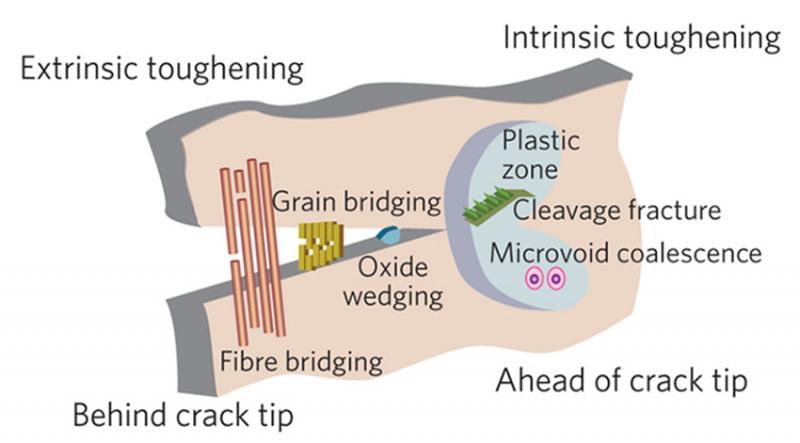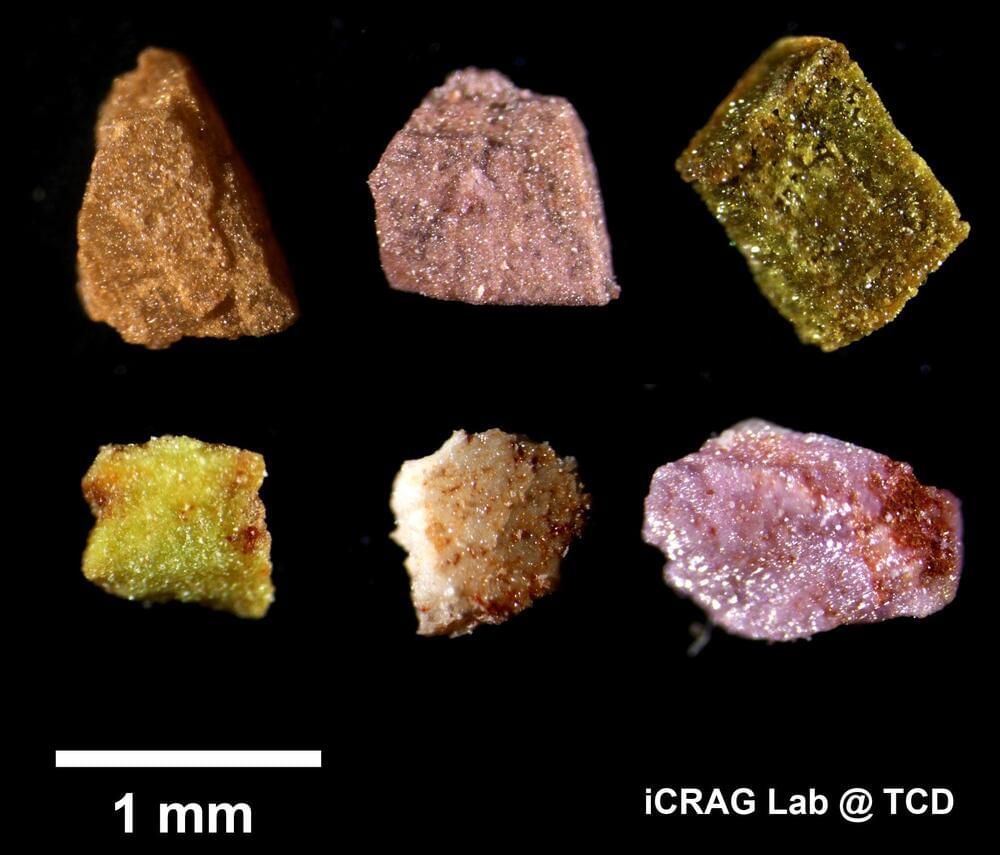Researchers at the Department of Energy’s Oak Ridge National Laboratory and the University of Tennessee, Knoxville, discovered a key material needed for fast-charging lithium-ion batteries. The commercially relevant approach opens a potential pathway to improve charging speeds for electric vehicles.
Lithium-ion batteries, or LIBs, play an essential role in the nation’s portfolio of clean energy technologies. Most hybrid electric and all–electric vehicles use LIBs. These rechargeable batteries offer advantages in reliability and efficiency because they can store more energy, charge faster and last longer than traditional lead-acid batteries. However, the technology is still developing, and fundamental advances are needed to meet priorities to improve the cost, range and charge time of electric-vehicle batteries.
“Overcoming these challenges will require advances in materials that are more efficient and synthesis methods that are scalable to industry,” said ORNL Corporate Fellow and corresponding author Sheng Dai.







